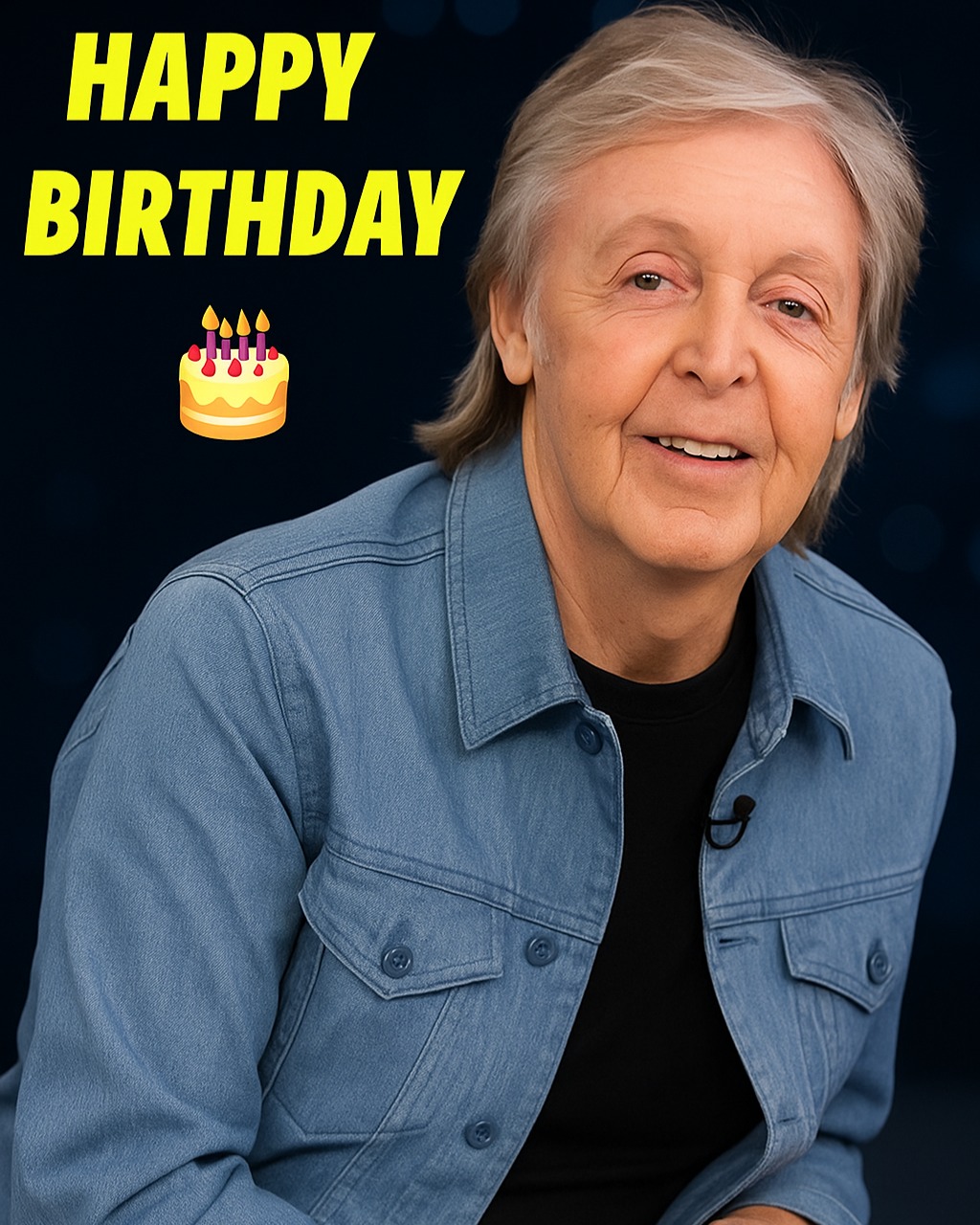Freddie Mercury’s signature overbite wasn’t just a quirk—it was a defining part of the voice that captivated millions. The legendary Queen frontman famously believed that his four extra incisors, a rare condition called hyperdontia, were the secret behind his astonishing four-octave vocal range. This belief shaped not only his personal identity but also his refusal to conform to conventional beauty standards, ultimately cementing his place in rock history.
Born Farrokh Bulsara in 1946, Mercury had four additional teeth nestled between his upper incisors, causing his characteristic buck teeth. This dental anomaly, known as mesiodens-type hyperdontia, is extremely rare—affecting only a small fraction of the population—and usually leads to dental crowding and misalignment. In Mercury’s case, a larger-than-average jaw likely accommodated the extra teeth without severe complications, according to dental expert Fred Levine, who noted that Mercury’s jaw had to be bigger than normal to fit the extra incisors.
Despite having the means to undergo orthodontic treatment after Queen’s success, Mercury famously declined braces or surgery. He was convinced that his unique dentition was integral to his vocal prowess. Mercury regarded his extra teeth as a “gift from God” that gave him the oral resonance and space necessary to hit extraordinary notes—from low bass growls to soaring falsettos. Friends and bandmates recall his fear that fixing his teeth might diminish his incredible range and tone.
Scientifically, while a larger oral cavity can amplify sound waves, modern vocal experts agree that vocal range is primarily determined by the vocal cords’ genetics, tension, and flexibility—not the shape of the mouth or teeth. Acoustic studies have measured Mercury’s effective singing range as roughly three octaves, with occasional use of falsetto extending toward the famed four-octave myth. His natural speaking voice was baritone, but his singing technique, including impeccable breath control and crisp diction, was what truly set him apart.
Mercury’s vocal ability is showcased brilliantly throughout Queen’s catalog, from the deep lows in “All Dead, All Dead” to the piercing highs of “Get Down, Make Love.” Whether or not his teeth physically granted him a wider range, his refusal to change them became a symbol of his artistic integrity and confidence in his unique identity.
In embracing what made him different, Freddie Mercury not only challenged norms of appearance but also left a legacy reminding us that sometimes, the very things we view as flaws are the keys to greatness. His iconic voice—underscored by those unforgettable teeth—remains a testament to the power of authenticity in rock history.





